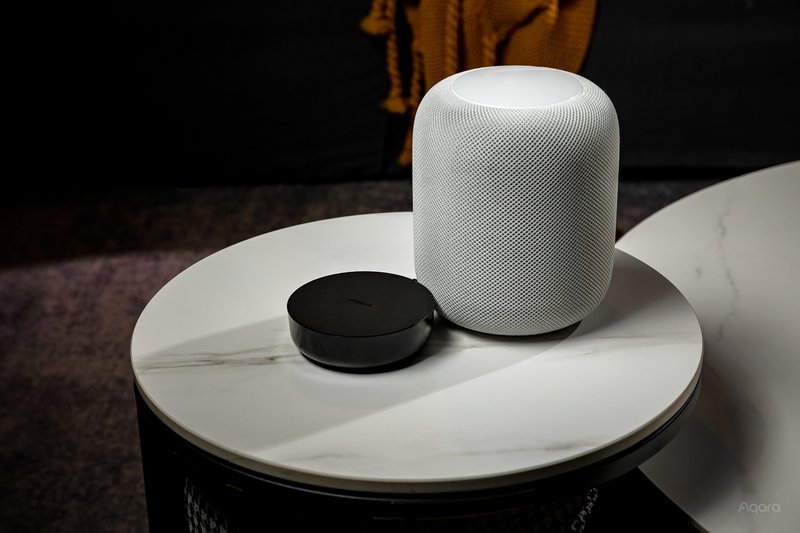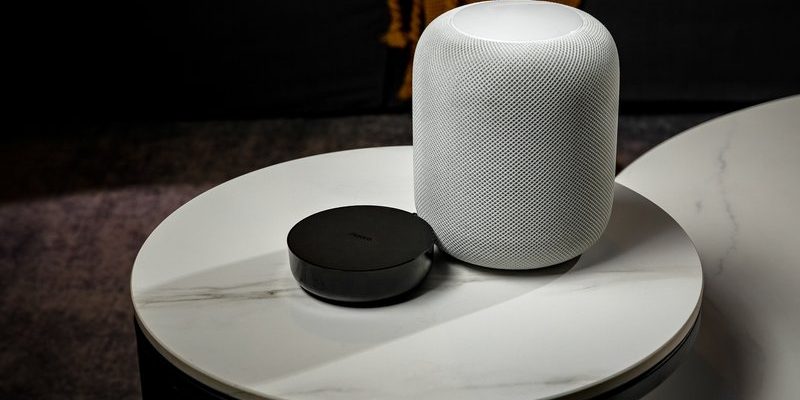
But you might be asking yourself, “Should I really invest in a smart hub?” That question is akin to wondering if you should upgrade from a flip phone to a smartphone. On the surface, it might feel like just another gadget that you don’t really need, but once you see what it can do, it may change your perspective entirely. Let’s dive into what a smart hub can do for you, the benefits it brings, and whether upgrading is a smart choice.
What Is a Smart Hub and How Does It Work?
A smart hub is essentially the heart of your smart home system. It connects all your smart devices—from lights to doorbells—creating a streamlined experience. Picture it as the conductor of an orchestra; without the conductor, each instrument plays by itself, but with one, they harmonize beautifully.
So how does it work? Smart hubs use various technologies like Wi-Fi, Bluetooth, and Zigbee to communicate with different devices. Zigbee, for example, is a wireless protocol designed for low power consumption, which is perfect for smart home devices that don’t need constant active connection. By acting as a central point of control, smart hubs allow you to sync multiple devices and manage them from a single app.
You might be wondering how you can set it up. It’s quite straightforward! After connecting the hub to your Wi-Fi network, you simply use its app to add individual smart devices. In no time, you’ll be turning off lights, adjusting your thermostat, or even checking your security cameras, all from your phone.
Benefits of Upgrading to a Smart Hub
There are several reasons to consider upgrading to a smart hub. Let’s break them down into a few key benefits.
- Centralized Control: Imagine all your smart devices accessible from one app. You won’t need to juggle multiple individual apps for each gadget anymore; just one convenient place to manage everything.
- Automation and Scheduling: Smart hubs allow you to schedule tasks. Want your lights to turn on at sunset? Or your thermostat to drop a few degrees when you leave for work? With a smart hub, these automations can be set up effortlessly.
- Enhanced Compatibility: Not all smart devices speak the same language. A hub bridges those gaps, ensuring your smart devices work seamlessly together, even if they’re from different brands.
- Improved Energy Efficiency: Some smart hubs can monitor energy consumption and provide insights. This data helps you adjust your usage habits, saving money on your utility bills.
These benefits significantly enhance the convenience and efficiency of your smart home. But it’s essential to think about your current setup to determine if this upgrade meets your needs.
Smart Hub vs. Individual Device Control
You might be curious whether you really need a smart hub if you already control your devices individually. It’s a valid question! Let’s break down the difference.
When you use individual apps, you operate each device separately. It’s similar to having different remotes for your TV, DVD player, and sound system. While technically functional, it can get rather cumbersome. You may find yourself fumbling between apps or remotes, which can be frustrating when all you want is seamless control.
On the flip side, with a smart hub, you’re streamlining this process. Consider it your one remote that can control everything. You can set up routines—for example, when you leave home, automatically lock the doors, adjust the thermostat, and turn off all the lights. Now, that’s efficiency!
While controlling devices individually works fine, upgrading to a smart hub offers significant improvements in convenience and functionality that may make your daily life easier.
How to Choose the Right Smart Hub
If you’re leaning toward upgrading, the next step is choosing the right smart hub for your needs. Here are a few key points to consider:
- Compatibility: Make sure the hub is compatible with your existing devices. Not every hub works with every device, so check the specs carefully.
- Features: Look for features like automation options, voice control compatibility, and energy monitoring. Some hubs even come with built-in voice assistants like Amazon Alexa or Google Assistant.
- User Interface: Check whether the app for the hub is user-friendly. A clean, easy-to-navigate interface can make a huge difference.
- Price: Smart hubs come in various price ranges. Set a budget but also consider how much you’d benefit from additional features.
By weighing these factors, you can find a smart hub that fits perfectly into your lifestyle, enhancing your home experience without causing unnecessary stress.
Potential Drawbacks to Consider
While upgrading can offer numerous advantages, it’s essential to be aware of potential drawbacks. Nothing is perfect, and smart hubs are no exception.
- Initial Cost: The upfront cost might seem high, especially if you’re starting from scratch or upgrading from basic devices. It’s an investment, so consider how it will improve your daily life.
- Learning Curve: For some users, figuring out how to navigate the new technology might take some time. Don’t get discouraged! Most devices are user-friendly once you get the hang of them.
- Possible Connectivity Issues: If your Wi-Fi goes down, or if there are connectivity issues, your smart hub might become less useful. Make sure you have a stable internet connection to maximize functionality.
It’s crucial to weigh these drawbacks against the benefits when deciding if a smart hub is worth the upgrade for you.
Final Thoughts on Upgrading to a Smart Hub
Upgrading to a smart hub can feel like a leap into the future, where your home responds to your needs. If you’re looking for convenience, automation, and enhanced control over your devices, it could very well be worth it.
However, be mindful of your current setup and how much you use smart devices. If you’re only a casual user, the upgrade might not feel transformative. On the other hand, if your home is filled with smart devices just waiting to be coordinated, a smart hub could unlock a new level of ease and efficiency in your daily life.
In the end, choosing to upgrade is a personal decision. Reflect on how a smart hub can improve your home and weigh that against the cost and potential challenges. With thoughtful consideration, you’ll make the right choice for your smart home journey!
